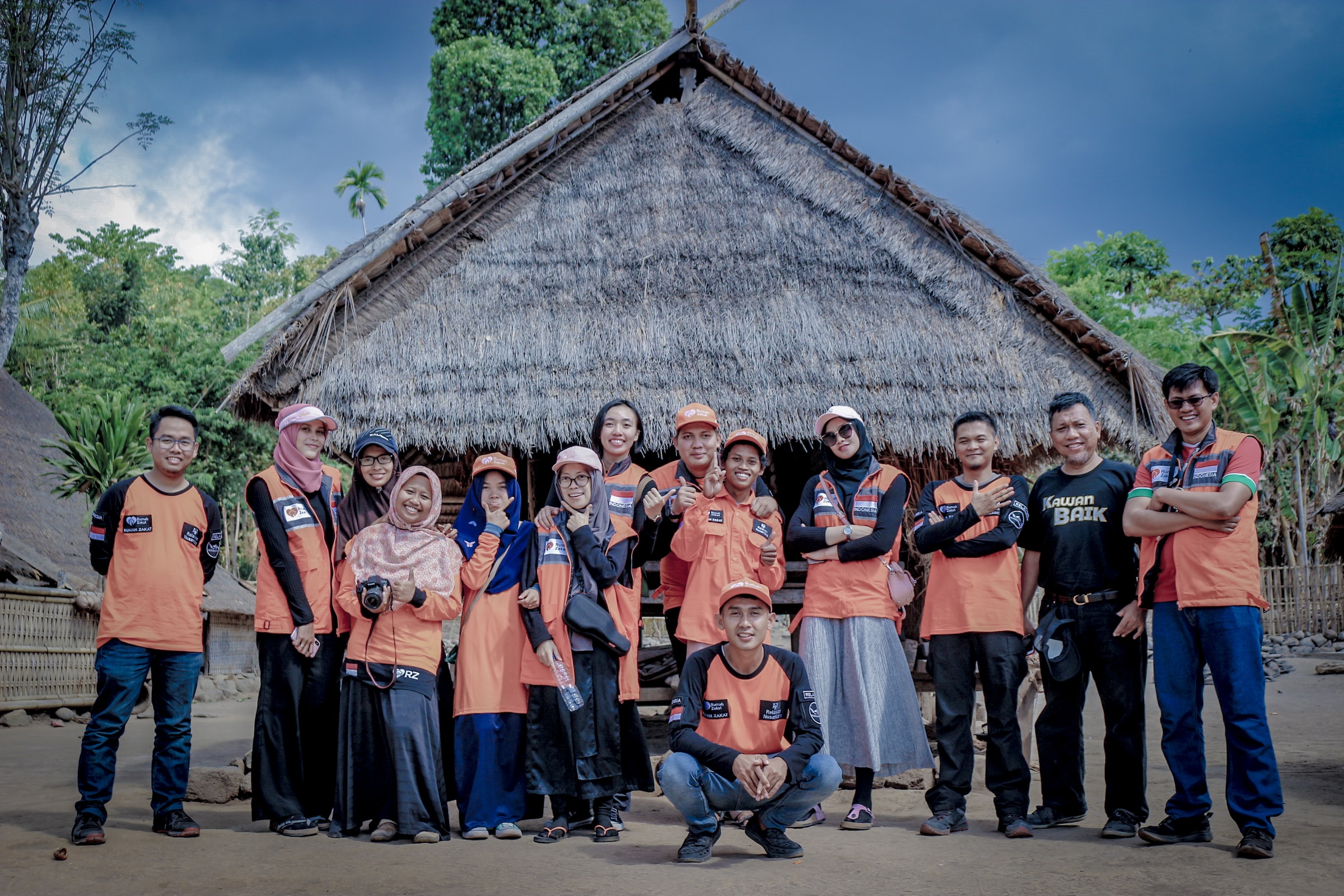The steady growth of NGOs in Singapore can be attributed to the government’s understanding of the sector’s critical role in society. Hence, the various types of nonprofits are governed by a robust regulatory framework. Singapore continues to create a sustainable environment that spurs public trust in the nonprofit sector. This in turn empowers charitable organizations to effectively undertake their roles.
In view of this, we will be examining the various types of nonprofits in Singapore. We will also consider the regulatory framework that enables the sector to thrive.

- Singapore has over 2000 registered charities
- Over 53% of these nonprofits comprise religious organizations
- Singapore is ranked among the top two jurisdictions in Asia that fits into the “Doing Well” class.
What are the types of nonprofits in Singapore?
NGOs in Singapore can be grouped into three major classes. These various types of nonprofits are recognized by the Charities Act of the country. They are;
1. Charities: These organizations are established to provide aid in a particular region and sector of society. The services may include areas such as poverty relief, religious advancement, education advancement and other objectives that spur community growth. The Commissioner of Charities (COC) or the Minister confers the status of these types of nonprofits.
2. Voluntary Welfare Organizations (VWOs): these types of nonprofits are established voluntarily and are governed by an elected volunteer board. The National Council for Social Services (NCSS) outlines their roles and activities. This includes nonprofit making, delivering community and social services, and catering for the disabled.
The activities of Voluntary Welfare Organizations (VWOs) are fostered through volunteerism. They work with volunteers, public and private entities, government authorities as well as the community.
3. Institutions of a Public Character (IPCs): all organizations that seek to become an approved IPC must be a charity or an institution or fund. This includes hospitals not established for profit, public institution that has nonprofit aims or a public authority or society not established for profit, among others.
Generally, these types of nonprofits operations must profit the community. Also, the activities of IPCs must not be limited to sectional interests or groups of persons with respect to religion, race, creed or belief. However, an exception can be granted if approved by the Minister for Community Development Youth & Sports.
What are the major requirements for registering the various types of nonprofits?
To be registered, the various types of nonprofits must be set up either as a society, a company limited by guarantee or a trust. NGOs can register with the Registry of Societies or the Accounting & Corporate Regulatory Authority (ACRA).
Likewise, all nonprofit entities in the country must register under the Charities Act within 3 months of the company’s establishment. Registration should be done by charity trustees and there are no fees required for registration.
Singapore has six sector administrators that embody the country’s social service. The sector comprises health, sports, education, heritage, youth and community. A nonprofit is mandated to apply directly to its Sector Administrator (SA) during registration.
Registration requirements are outlined particularly for companies and societies. This is not the same for trusts as these forms of nonprofits were majorly used in the past. Modern charities in Singapore presently obtain the legal form of companies and societies.
How many nonprofits are in Singapore?
Singapore has over 2000 registered charities. About 53% of these nonprofits comprise religious organizations. More than half of these charities have an annual income below $250,000. Likewise, 300 nonprofits are reported to have an income of $50,000 or below while 50 charities have an income above $10 million. These large-income nonprofits also make up more than 89% of the $5 billion total income for all registered nonprofits in Singapore.
The Centre for Asian Philanthropy and Society (CAPS), in its 2020 report ranked Singapore among the top two jurisdictions in Asia that fits into the “Doing Well” class. The nation distinctly stands out in its establishment of a largely favourable and thriving environment. This in turn allows private capitals to address societal needs.
Conclusion
Singapore is steadily evolving into an international hub for NGOs. The robust regulatory framework governing the various types of nonprofits has created a thriving environment for the sector. As a result, various international nonprofits have their headquarters located in the country.
Also, the nonprofit sector has other compelling perks like tax breaks and various incentives that come with registering an NGO. An additional supporting infrastructure by the government is the Tanglin International Centre which has become a thriving nonprofit hub for various charity organizations.
If you enjoyed reading this article, please share your comments and suggestions with us at the bottom of this post. We would love to hear your thoughts concerning this article.


